
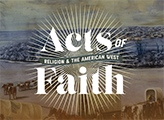




Marriage
After the Civil War, Congress
again turned its attention to Utah. The attempt by anti-polygamists to deny US
citizenship to those practicing plural marriage provoked a massive “Indignation
Meeting” organized entirely by women. Over 3,000 women gathered in Salt Lake
City's great tabernacle to demand religious liberty for themselves and their
families.
When the proposed legislation
failed, federal officials turned to enforcing the law against plural marriage
passed during the Civil War. Church leaders responded by sending a test case to
the US Supreme Court. Their lawyers argued that criminalizing polygamy trampled
on the constitutional and territorial rights of Utah's Latter-day Saints. Not
so, the Justices ruled: The Constitution protected belief in polygamy, but Congress could outlaw its practice. Reynolds v. US (1879) was the first high court decision to place
limits on religious freedom.
Over the next decade,
campaigns against polygamy escalated. In Congress, new acts harshened the
penalties for plural marriage, fractured Mormon families, and dissolved the
Church’s corporate status. These punitive measures also threatened completion
of a massive temple under construction in the center of Salt Lake City.
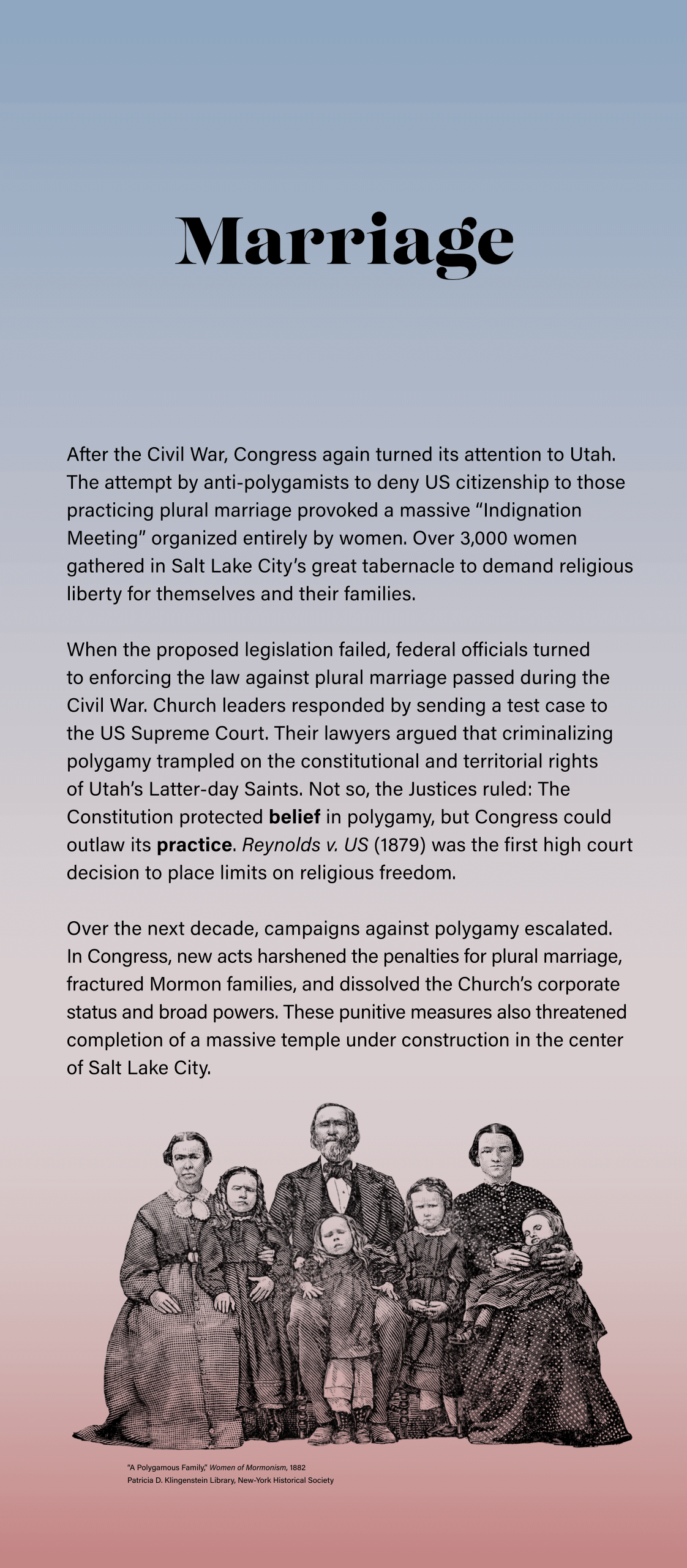
“A
Polygamous Family,” Women of Mormonism,
1882
Patricia
D. Klingenstein Library, New-York Historical Society
Salt Lake Temple
Church History Museum, Salt Lake City
Sister Wives
These four women, all plural
wives of high Church leaders, were among the first to embrace plural marriage
in Nauvoo, Illinois. They had experienced mob violence, banishment from their
homes, the trials of the overland trail, and the indignity of being portrayed
as ignorant women in thrall to lecherous patriarchs.
All four treasured their
gathered community and valued sacred rituals. They also treasured their
identities as citizens. They used the 1870 “Indignation Meeting” not only to challenge
Congress but also to ask Utah legislators for the vote. They got it several
weeks later, joining the women of Wyoming Territory in gaining suffrage.
“Were we the stupid,
degraded, heartbroken beings that we have been represented, silence might
better become us; but, as women of God—performing sacred duties—we not only
speak because we have the right, but justice and humanity demand that we
should.”
—Eliza
Snow, 1870
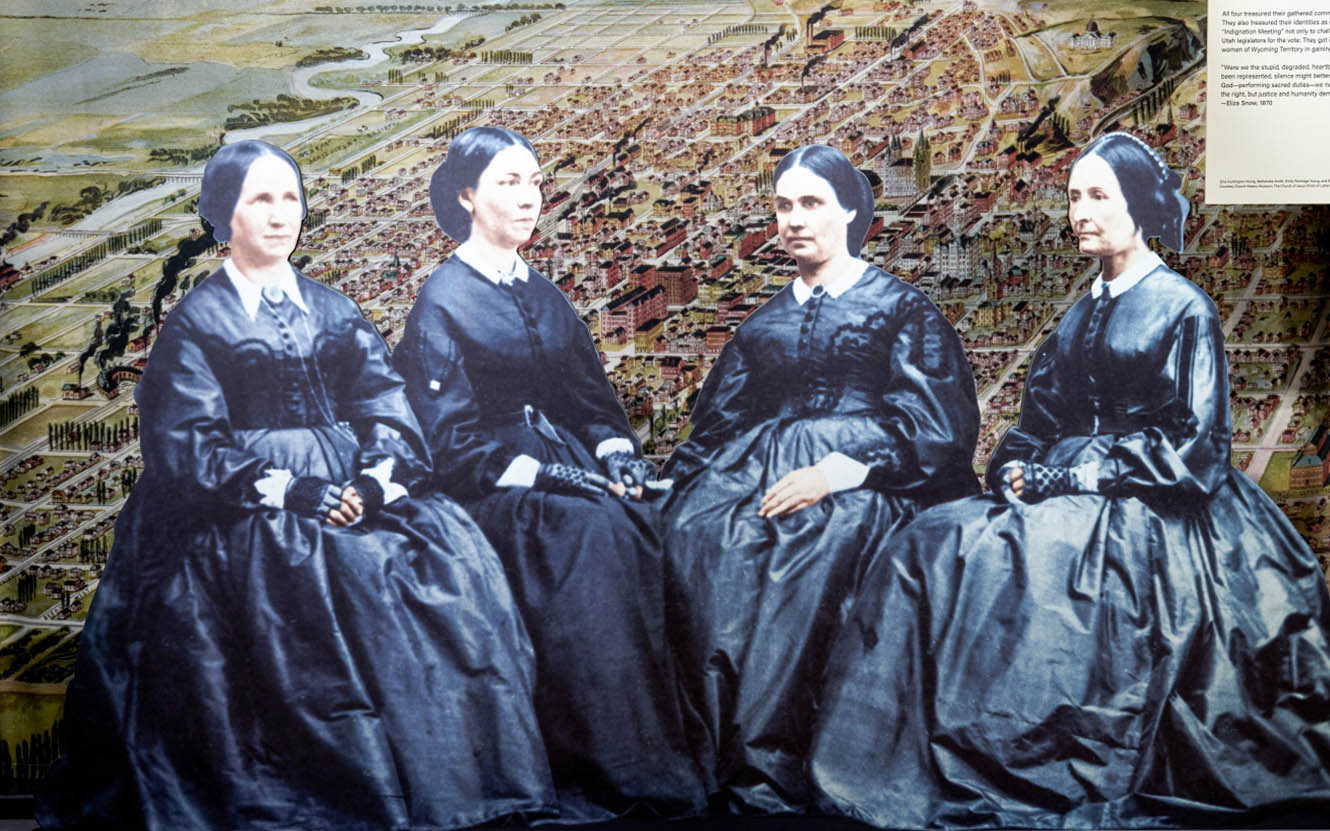
Zina Huntington Young, Bathsheba Smith, Emily Partridge
Young, and Eliza Snow, 1867
Courtesy Church History Museum, The Church of Jesus Christ
of Latter-day Saints
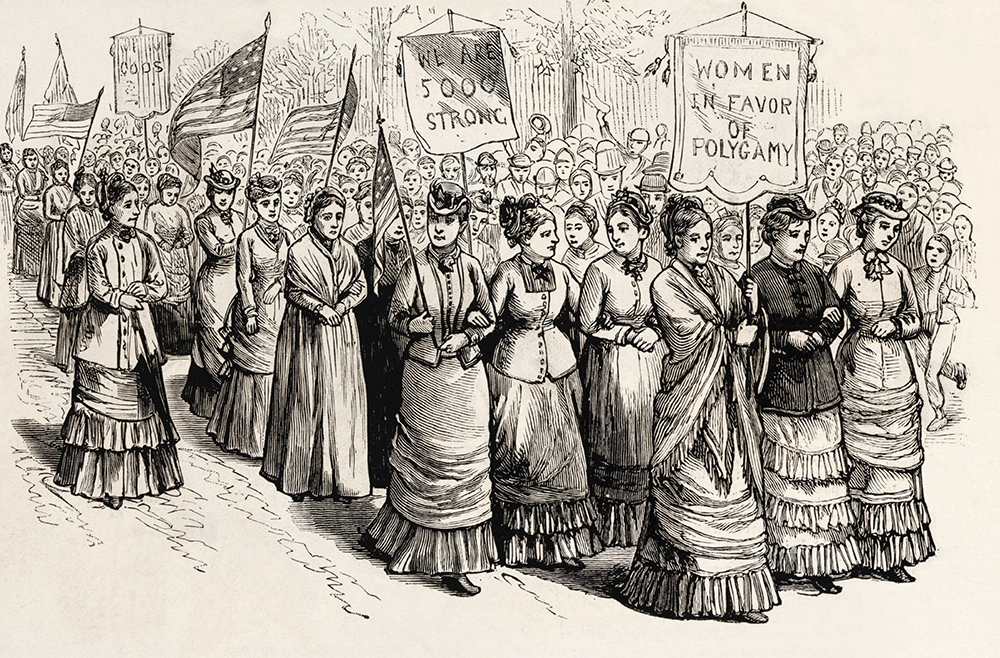
Mormon women rallied in 1879 to
defend their marriages and their religion. That same year, the Supreme Court
ruled that polygamy was not constitutionally protected.
“Detachment
of 400 Mormon Women,” Frank Leslie’s Illustrated Newspaper, 1879
Patricia
D. Klingenstein Library, New-York Historical Society
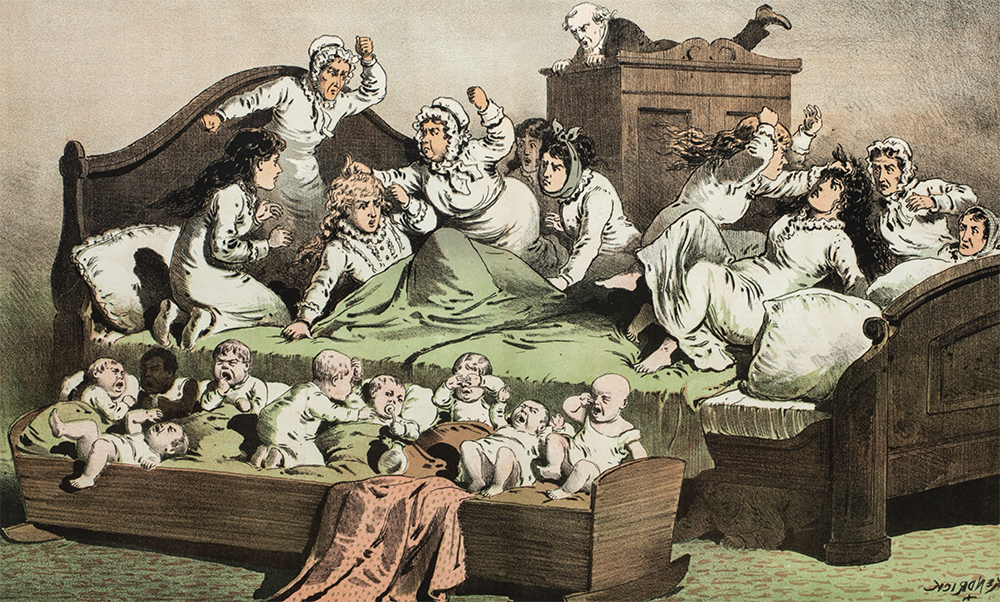
Anti-Mormon political
cartoons regularly appeared in the popular press.
"The Elders’ happy home,” Chic,1881
Patricia
D. Klingenstein Library, New-York Historical Society
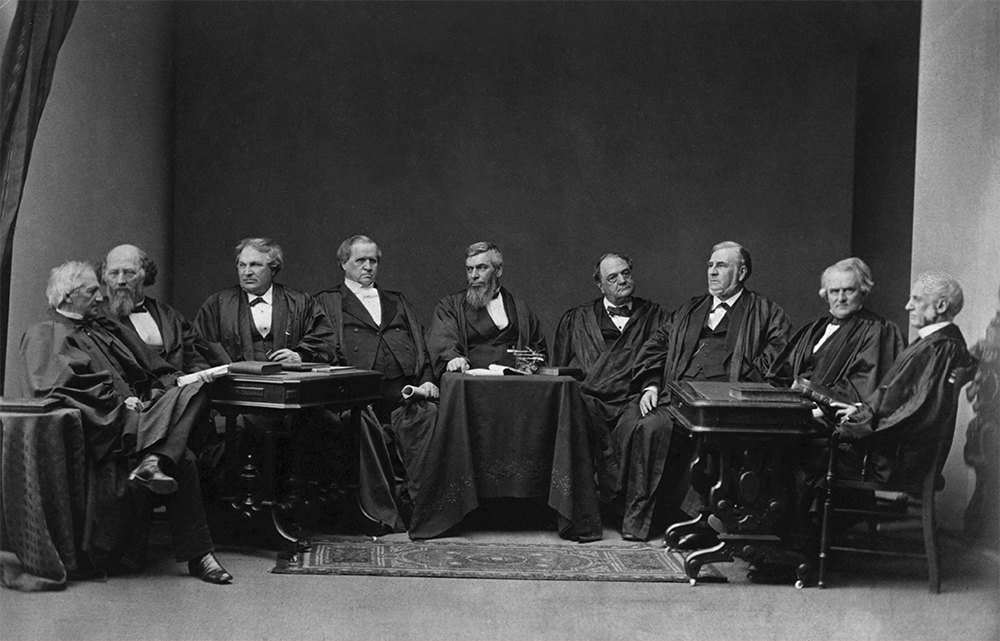
In Reynolds v. United States (1879) the Supreme Court first defined
limits to religious liberty.
The Waite Court, 1876
Supreme Court of the United States
Polygamy Ends
1882: The Edmunds Act made
polygamy a felony and intensified enforcement of anti-polygamy laws. Convicted
polygamists lost their civil rights.
1887: The Edmunds–Tucker Act
lengthened jail time for polygamy, disincorporated the Church, and confiscated
its properties. It also disenfranchised all Utah women.
1890: Fearing that continued
defense of plural marriage would destroy the Church, President Wilford Woodruff
issued a Manifesto agreeing to obey the laws against polygamy.
1896: Utah’s 7th petition for
statehood was granted, provided the state constitution ban polygamy.
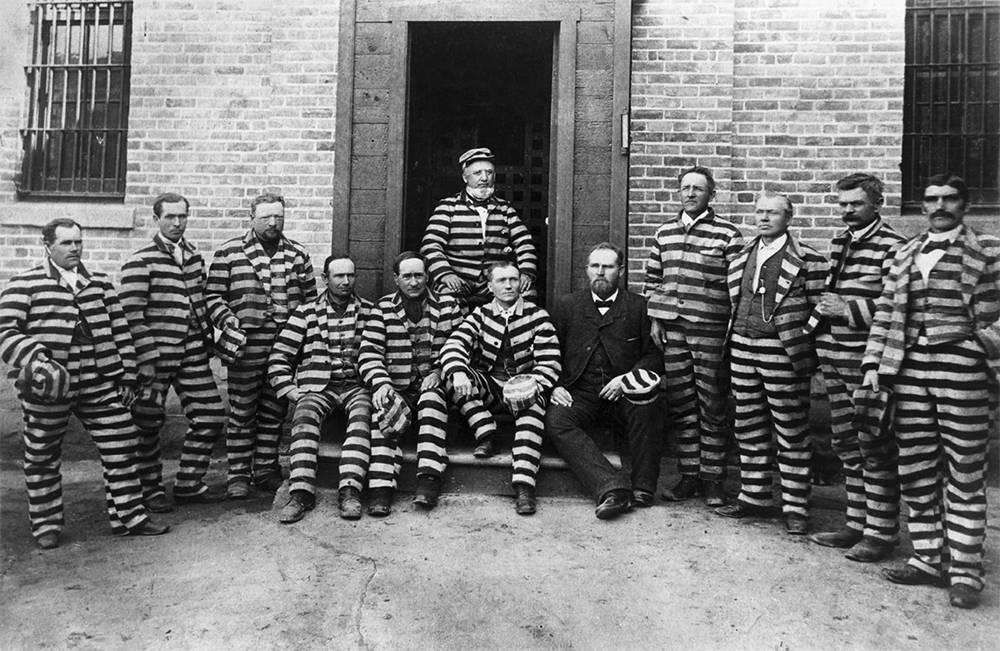
Polygamists in the Utah Penitentiary, 1888
Courtesy of the Church History Library, The Church
of Jesus Christ of Latter-day Saints